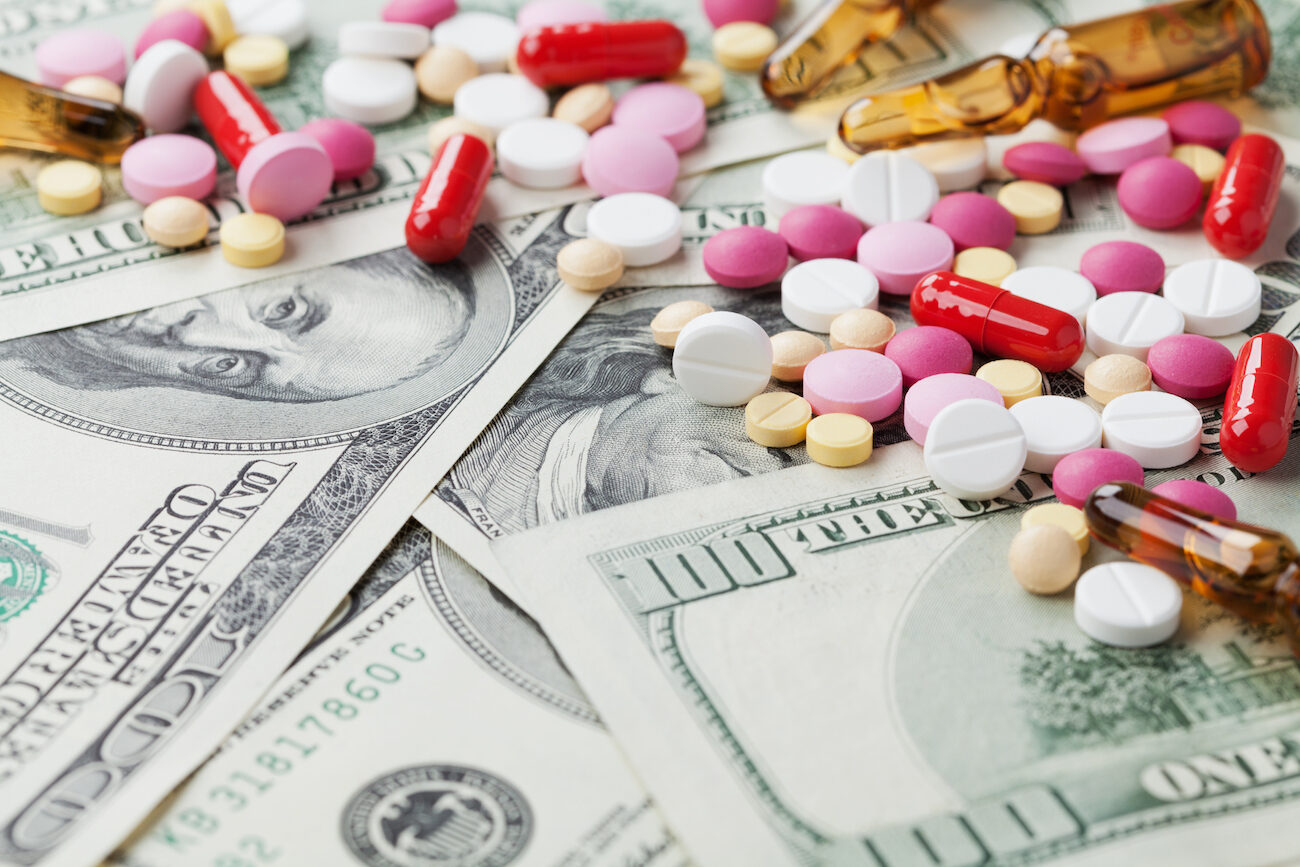© 2025 CSRXP- All Rights Reserved

DOSE OF REALITY: NEW ANALYSIS UNDERSCORES HOW OFTEN BIG PHARMA’S PATENTS ARE UNRELATED TO CLINICAL INNOVATION
Jan 19, 2022
Study Finds Just Six Percent of Drug Patents in Infringement Suits Were for Active Ingredients or New Molecules
A new analysis published this week in Nature Biotechnology further reveals how the pharmaceutical industry’s abuse of the U.S. patent system prevents lower-cost alternatives from entering the market, limiting competition and driving increased spending for U.S. patients and taxpayers. The analysis, “The Characteristics of Patents Impacting Availability of Biosimilars,” examined 21 patent infringement lawsuits pursued by pharmaceutical companies on biologic drugs under the Biologics Price Competition and Innovation Act (BPCIA), covering a total of 179 patents.
Of the patent filings examined in the study, just six percent were for active ingredients or new molecules. The vast majority were for secondary uses – oftentimes for much less critical changes to the drugs or their manufacturing process, with little to no innovation involved that might improve clinical value for patients.
In a column on the analysis, STAT News senior writer Ed Silverman commented, “pharmaceutical companies employ a strategy of tweaking patents or finding added uses that can extend patent protection — and generate profits — for years. By doing so, however, the U.S. health care system incurs greater expenses because lower-priced biosimilar medicines are delayed from becoming available.”
The new analysis also found that 1) the majority of pharmaceutical companies’ patent filings came late in terms of these drugs’ exclusivity periods, on average over a decade after these drugs were initially approved, lending credence to the idea that drug makers file patents late in drug’s lifecycles expressly to extend their exclusivity – and capture profits for longer; and 2) one-fifth of the patents examined in the study lacked equivalent patents in the European Union, Canada or Japan, demonstrating that brand name drug companies game the U.S. system to extend exclusivity and boost profits.
Big Pharma’s biologic patent abuse imposes a massive cost on American patients, taxpayers and the U.S. health care system.
In a September 2020 study, Avik Roy and Gregg Girvan of the Foundation for Research on Equal Opportunity (FREOPP), analyzed the rising cost of biologic drugs in the U.S. health care system, and Big Pharma’s patent abuse as it relates to biologics and biosimilars.
The FREOPP report, “The Growing Power of Biotech Monopolies Threatens Affordable Care,” found that despite representing less than one percent of U.S. prescriptions, biologic drugs account for nearly half of all drug spending. This is because biologics face less competition from generic equivalents, known as biosimilars, due to differences in how the marketplace is regulated and how Big Pharma games the system to undermine competition.
- One way Big Pharma is able to maintain monopoly power is through ‘patent thickets.’ By seeking a multitude of patents for marginal aspects of a biologic, brand name drug companies are able to create a ‘thicket’ of patents that can dramatically extend exclusivity periods — blocking cheaper generics, or biosimilars, from coming to market.
- Another way Big Pharma maintains monopoly power is through ‘submarining’ and ‘evergreening,’ in which a branded drug maker purposefully delays the filing and issuance of a patent in order to extend market exclusivity of drug for as long as possible.
Without action, the study’s authors estimate the anti-competitive nature of the biologic drug marketplace will cost American patients more than $30 billion from 2015-2029.
Other takeaways from the FREOPP study include:
- In 2018, Biologics Represented 0.4 Percent Of U.S. Prescriptions, But 46 Percent Of All U.S. Rx Spending – And Biologics’ Share Of Rx Spending Is Rising.
- From 2015-2020, The Anti-Competitive Nature Of The U.S. Biologic Market Has Cost Patients $5 Billion, And Will Cost U.S. Patients An Extra $25 Billion By 2029 Without Reform.
- Increasing Competition By Enabling Biosimilar Drugs To Launch Without Risk Of Treble Damages, Rationalizing Biosimilar Interchangeability, Eliminating Patent Trolling, Reforming Medicare Parts B And D And Establishing A Pathway For Price Reductions For Un-Genericizable Treatments, Would Lower Prices And Increase Innovation.
The projected ballooning cost of Big Pharma’s biologic patent abuse underscores the urgency to hold drug companies accountable for their egregious pricing practices and anti-competitive tactics.
Read the full analysis, “The Characteristics of Patents Impacting Availability of Biosimilars,” in Nature Biotechnology HERE.
Read more about Big Pharma’s patent abuse HERE.
Learn more about market-based solutions to hold Big Pharma accountable HERE.
